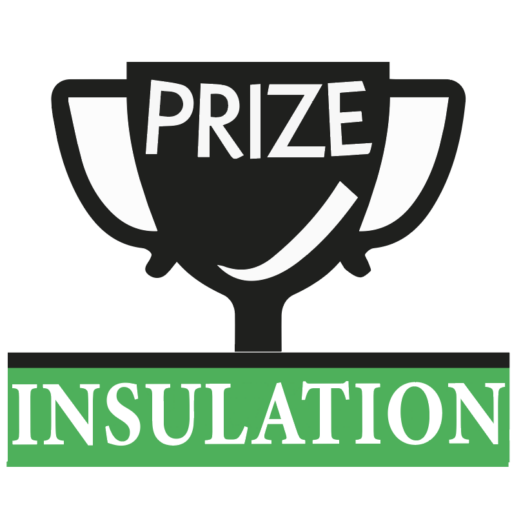FAQs
Have a look at some of our FAQs
What are the advantages of using open-cell spray foam?
Typically, buildings expand and contract due to temperature differentials, moisture content, wind load and seismic etc. Closed-cell insulation cannot accommodate the movement of the building. Open-cell spray foam provides air sealing benefits in many applications at lower cost Vapor permeability supports bi-directional drying of assemblies – critical in warm climate zones/seasons Flexibility allows it to expand and contract with any movement of the building structure ensuring long term air sealing Water-blown product maintains a lower GWP (GWP 1) than most closed cell products .
What are the advantages of using Icynene?
For builders, Icynene spray foam insulation can reduce construction time by simplifying the insulation process and minimizing the number of callbacks due to building envelope failure as a result of air borne moisture entrapment and buildup within the cavities. Blower door tests have shown that houses insulated with Icynene and without polyethylene vapor barrier, measure 1.2 ACH @50 Pa. de-pressurization. This is well under the 1.5 ACH @ 50 Pa rating set out for some of the most stringent energy efficient home building programs such as R-2000 in Canada & Building America in US. With Icynene spray foam insulation, heating and cooling costs are typically reduced by up to 50% and smaller, less expensive heating and cooling equipment can be used because of the reduced heating and cooling loads. For homeowners, Icynene spray foam insulation offers the opportunity of lower heating and cooling costs from reduced air infiltration and a more comfortable home, draught free without cold spots. Furthermore, Icynene’s continuous air barrier capability will significantly reduce unwanted airborne noise from the outside resulting in a quieter interior living space. Proper mechanical ventilation must be provided to Icynene® insulated houses and when merged with an air to air heat exchanger like HRV or ERV, superior air quality can be achieved for a healthier indoor environment.
Are there building code approvals?
Icynene spray foam insulation products are extensively tested in a range of different categories including, but not limited to, fire, emissions, sound transmission and energy performance. Icynene spray foam insulation products have been extensively assessed and evaluated by global product approval organizations Icynene spray foam insulations have been assessed by the British Board of Agrément, ATec: Avis Technique, the EEA: European Economic Area and the VTT: European Technical Approval.
What is the composition of Icynene®?
Most Icynene spray foam products do not contain environmentally harmful blowing agents like HFCs, HCFCs or HFAs, in fact most Icynene spray foam insulation products are 100% water-blown making them better for the environment. Organic chemical compounds from petroleum extract are the main source of its ingredients. Additionally, our LD-R-50 product contains castor oil, a sustainable resource for a greener, cleaner future. VOC emission testing by Saskatchewan Research Council has revealed that there were no VOC emissions after 30 days.
Does the foam absorb water?
No. However, water can work its way through the foam under pressure or by gravity force. When the foam is placed on water it will float and upon removal it will not contain any water and it does not lose any of its insulating properties. But, if it is immersed under water, water can be forced into the foam by the hydrostatic pressure; however, once it is removed from water and allowed to dry out, the original insulating properties will return.
Does the Foam entrap moisture?
Icynene’s open-cell spray foam insulation products are vapour permeable to allow water vapour molecules to flow through the foam. This means any moisture in the building’s concrete or lumber can escape through the insulation as the building dries out, thus eliminating moisture that could cause rot or mould. Icynene’s closed-cell spray foam insulation products are able to reject bulk water and block mass transfer of moisture that may cause mould.
Can Icynene spray foam change physically over time?
No. Icynene spray foam products are chemically inert meaning they will not change chemically or physically over time.
How environmentally sound is Icynene spray foam?
Icynene spray foams are considered to be an environmentally preferred products due to their air sealing qualities which contribute to improved indoor air quality, reductions in energy consumption as well as greenhouse gas emissions. Icynene is listed the industry-recognized Green Building Council.
What are the flammability and fire-ratings for Icynene products?
Complete details of the Flame Index and Smoke Index of all Icynene spray foam insulation products can be found in each product’s Technical Data Sheet.
Does Icynene® contain potentially toxic PBDE flame retardants?
No, flame retardants such as PBDE’s (poly-brominated diphenyl ethers) are not contained in Icynene’s formulations
What does the smoke contain?
Smoke from Icynene spray foam, like that of all organic materials including wood, is a complex mixture of many gases. The major components in the smoke from Icynene® insulation are carbon dioxide and carbon monoxide. When there is a fire in the building, the dry wall interior finish will provide at least 15 minutes of time before Icynene® is involved in the fire. This will provide adequate time for egress of the building.
Are there any harmful emissions?
Icynene spray foams are safe for both you and the environment. Most Icynene spray foam products are water-blown, and do not emit HFCs or HCFCs. Extensive testing in North America have shown that no VOCs are detected after 30 days following installation. Icynene recommends that once sprayed, Icynene spray foam be allowed 24 hours with adequate ventilation to fully cure. Icynene spray foam is ideal for use in homes for many environmentally concerned people.
How is Icynene installed?
Icynene foam insulation is installed by fully trained, licensed Icynene contractors who spray the solution into open building envelope such as studded walls, ceilings and floors. The solution can be safely sprayed directly onto electrical and plumbing. For renovation projects, Icynene’s LD-CP-50 pour foam solution is used. This product is simply injected into small holes drilled into plaster or gypsum faced walls, or from the outside of the wall, whichever provides the easiest access to the cavities. In each case, a fully trained, licensed Icynene contractor must install the product. Icynene foam insulation products are not Do-It-Yourself (DIY) products.
How long has Icynene been available and in use?
Icynene spray foam insulation has available since 1986. It has been used in excess of 300,000 buildings across North America. It is available in over 30 countries on four continents worldwide. It has been featured numerous times on television programmes such as “This Old House” and “Your New House”.
Are there any electric wiring overheating problems?
No. Icynene spray foam insulation has been extensively tested and found to be safe. It has been safely applied over electrical wiring, as well as plumbing runs, for more than twenty-five years.
Is the material corrosive to metals?
No. Icynene spray foam insulation is non-corrosive. This has been confirmed by extensive testing undertaken on behalf of Icynene.
Does Icynene spray foam support bacterial and/or fungal growth?
Icynene spray foam insulation products do not offer any food value, therefore do not support bacterial or fungal growth. Furthermore, it also does not retain water, making it an unappealing environment for fungal spores. University of Texas has done an experiment on mould growth ability on three different insulation types (Icynene, fibreglass with foil face and fibreglass with vapour barrier). Icynene was found to be the best deterrent for mould growth among the types tested.
Please feel free to contact us for a no obligation quotation or to discuss your insulation needs. Remember our insulation work is certified & warranted - for full peace of mind.
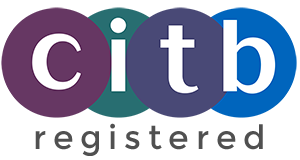
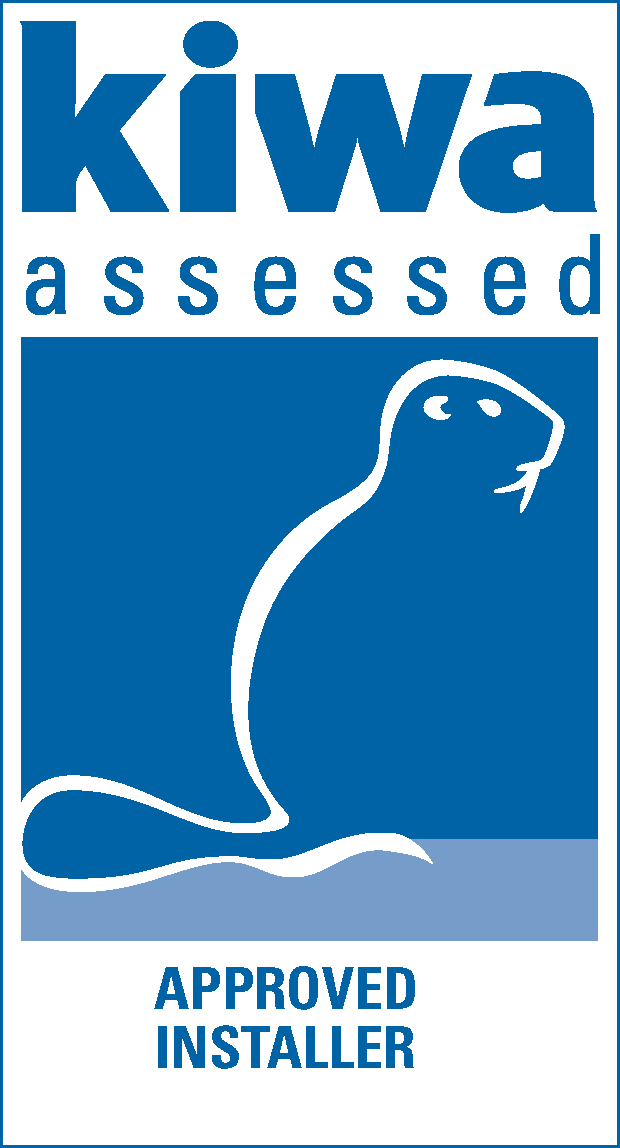
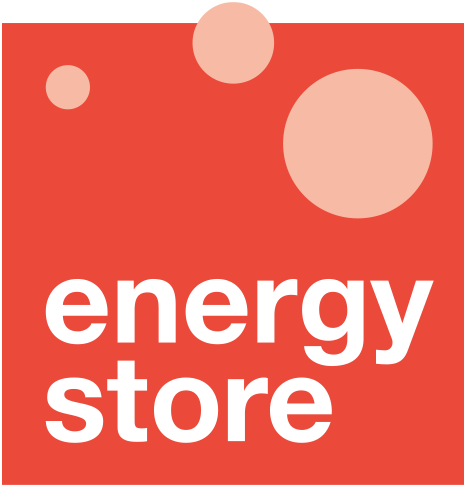
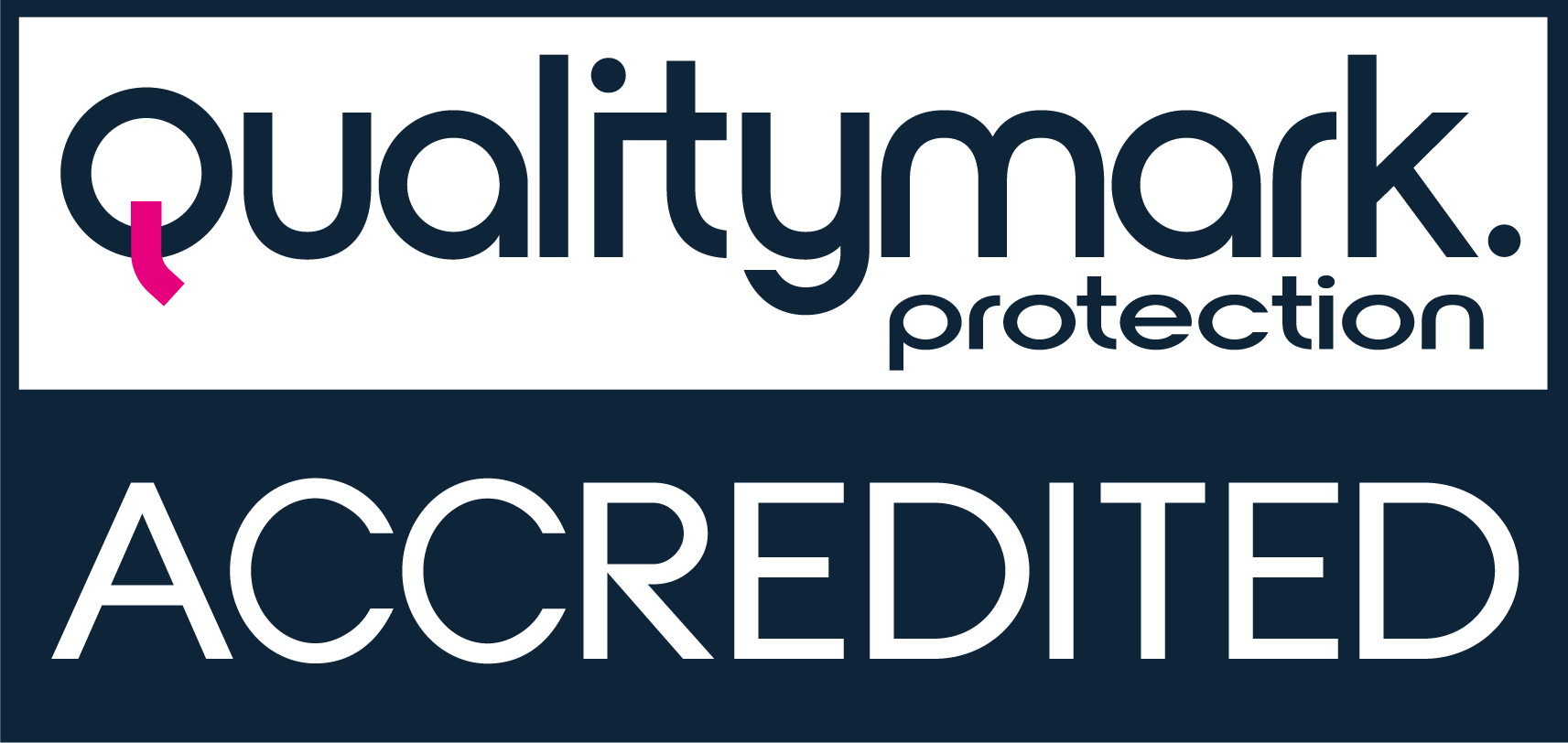


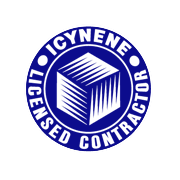
Swanwick House
80 Swanwick Lane
Swanwick
Southampton
Hampshire
SO31 7HF
VAT registration. 126 2770 22
Company No. 08668085
